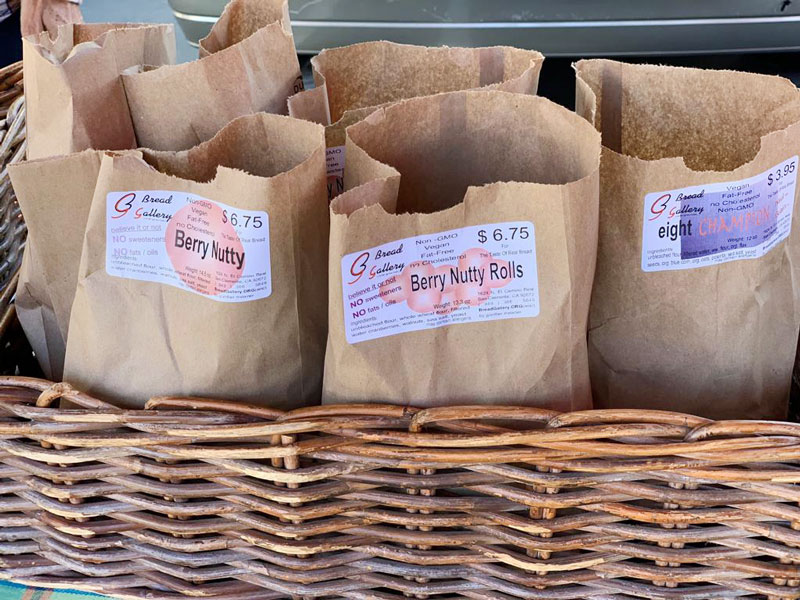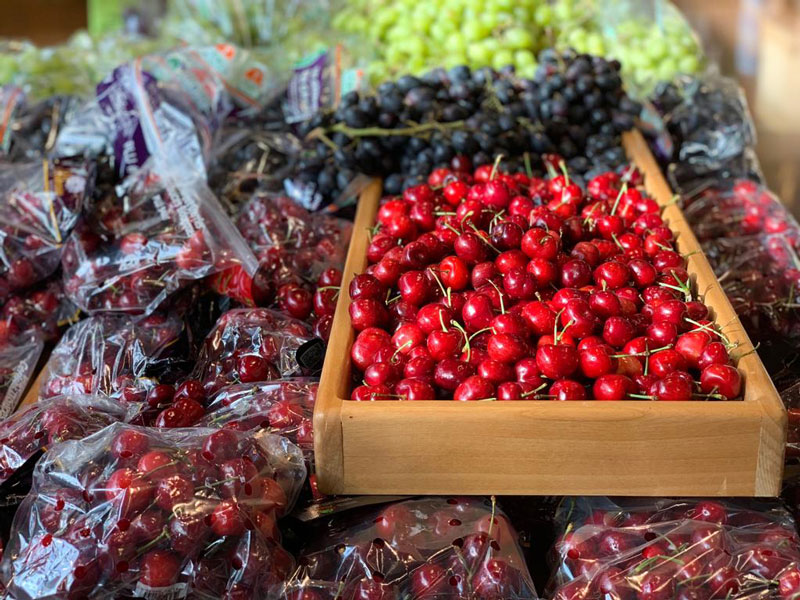
Online shopping for everything is taking over. All kinds of things can be bought and sold over the internet and that includes groceries. Fresh produce ordering online hasn’t caught on that easily, but retail giants like Google and Amazon are making great strides towards same-day delivery in hopes of opening online grocery ordering marketing even wider. The delivery fee is small, but the impact on our society can be huge and not necessarily positive. Mass online grocery shopping can cripple and even kill the “eat local” movement.
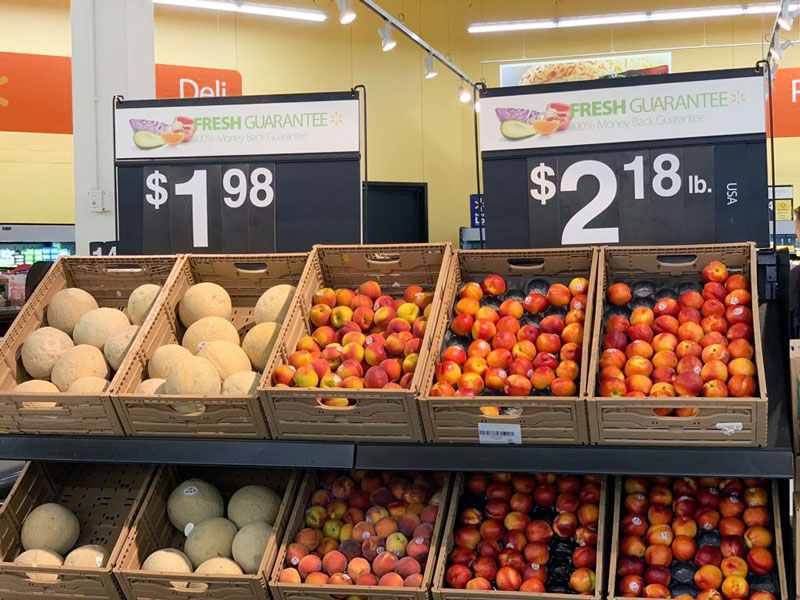
The prognosis for online grocery market is good with expected growth from current $15 billion per year, which makes up 3% of all groceries sold at physical locations. The online industry is estimated to grow by 13% per year and make up 11% of all groceries in the next 10 years.
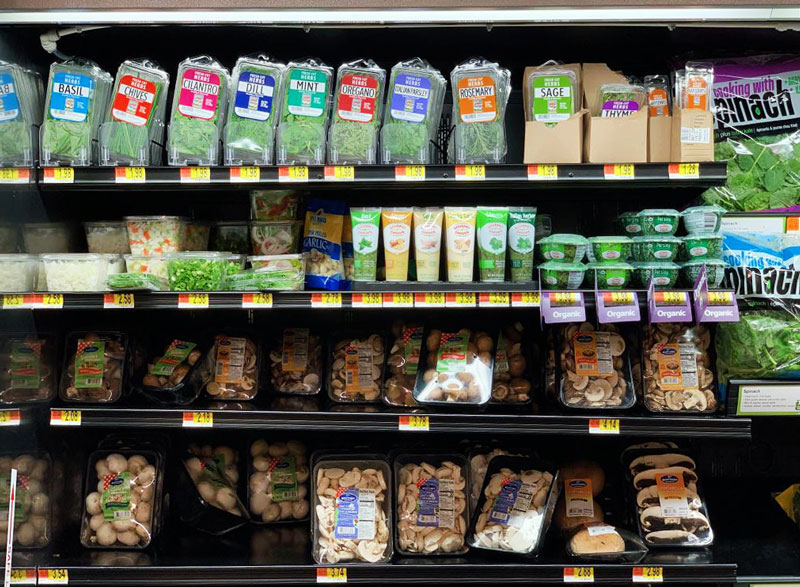
When you really think of it, groceries don’t make up a big part of retail profit. The companies want to get us hooked on shopping online for groceries only to order non-food items from them later. Those items are easier to deliver and yield higher margins. Everything is about the profit and groceries serve as perfect lures.
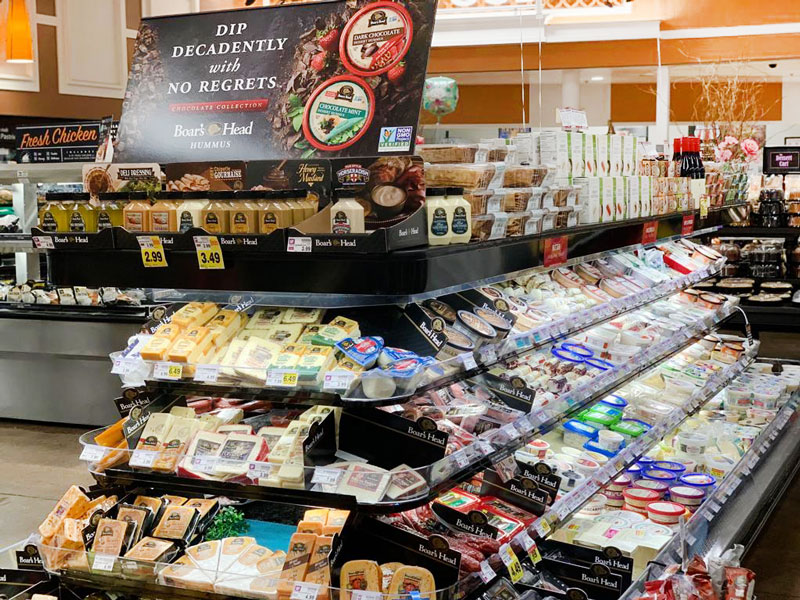
Big tech companies also want a piece of the grocery delivery pie and are creating partnerships with local and national brands to achieve those goals in Europe and US. Take Google, for example, which just invested $500 million to create Google Shopping Express together with Target, Costco, Whole Foods, and L’Occitane en Provence.

Thanks to AmazonFresh and their union with Whole Foods, grocery delivery is getting cheaper, more popular, and widely accessible. The convenience factor is definitely important, but there is a high chance that such service will do what Amazon did to many local book stores and Best Buy. Most of Amazon and Whole Foods production is shipped from the warehouses, not from local farmers. Amazon and local farmers share the same customer base, but they have very different financial means to compete for their business.
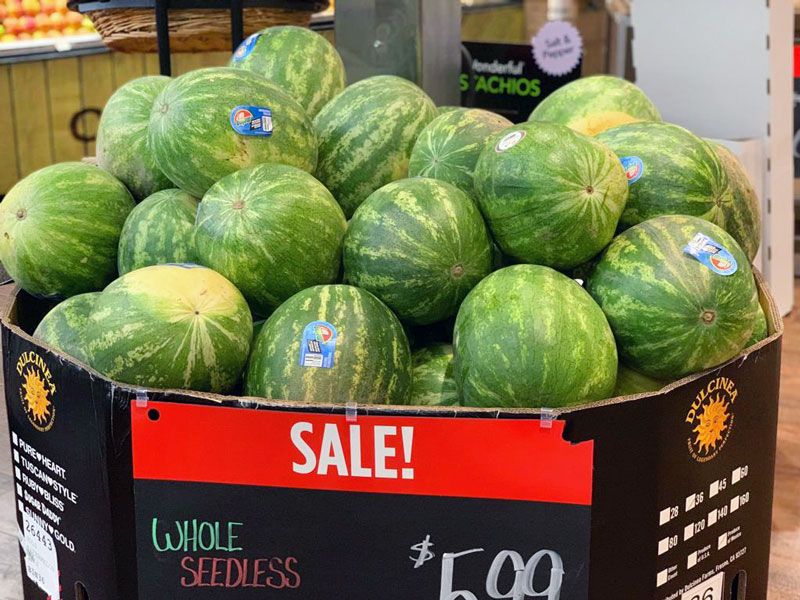
Farmers’ markets, mom-and-pop shops, and Amazon cater to mostly young people who have disposable income, care about their diet, and are very technologically-savvy. This combination often leads them online where they are likely to experiment with grocery ordering.
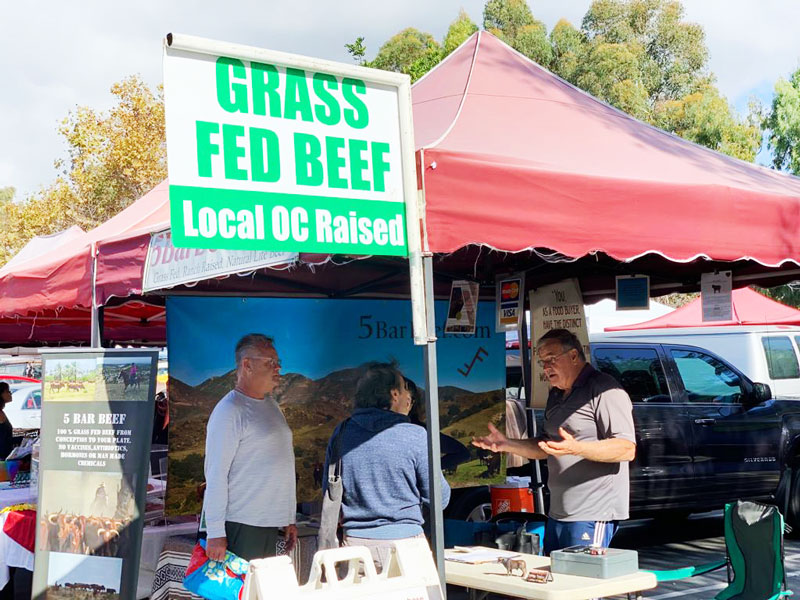
People who are trying to eat locally grown food, including grains, veggies, meat, and fish also tend to be more educated and not poor. There is another segment of society that frequents farmer’s markets – low-income minorities. They don’t always have computers and internet at home, so local shopping is often their prime access to food.

In the last decade more and more people became interested in farm-to-table method of eating. Consumers are attracted for a few reasons – they want to support local economies and believe that such food is not only fresher, but more natural and healthier. USDA reports that over 8% of farmers are reaching direct consumers through farmers’ markets contributing to this growing industry.

Despite the recent progress and popularity of farmers’ markets the industry is in danger of our digitalized world and retail grocery delivery not only by traditional grocers, but tech companies too. Non-traditional grocers like Walmart, Target, Walgreens, and Costco all saw an increase of grocery buying, which can spell trouble for local suppliers and locavore movement.
- $10 OFF Next Grocery Order
- Free Delivery on $50+ Grocery Purchase
- Free Grocery Pickup
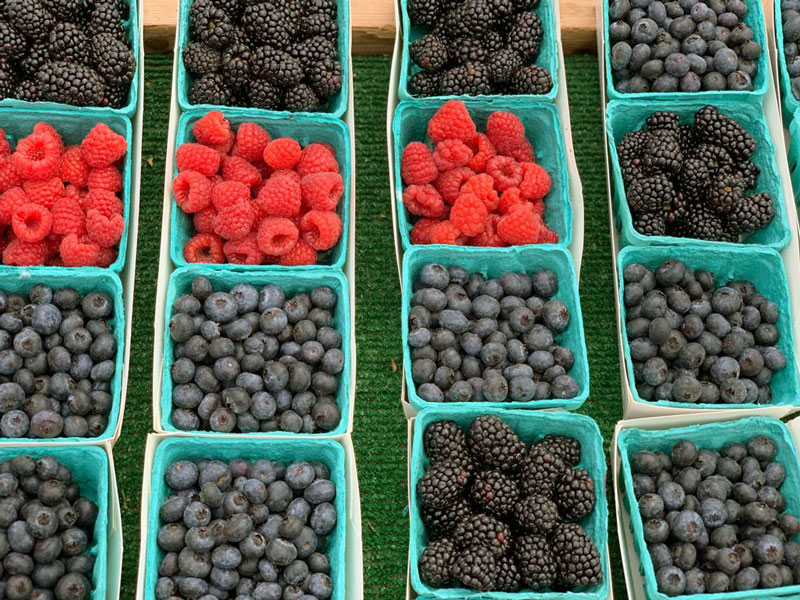
Now that we looked at the changes and dangers to the industry, let’s talk about more positive things, namely, what benefits can we get from supporting local farmers’ markets and consuming locally-grown food:
-
Freshness
We all know that veggies and fruit are at least a few days old before they even hit grocery store shelves. They are often picked not ripe and transported in refrigerated trucks for thousands of miles. The produce from farms is the absolute opposite – it is ripe and often picked that same morning.
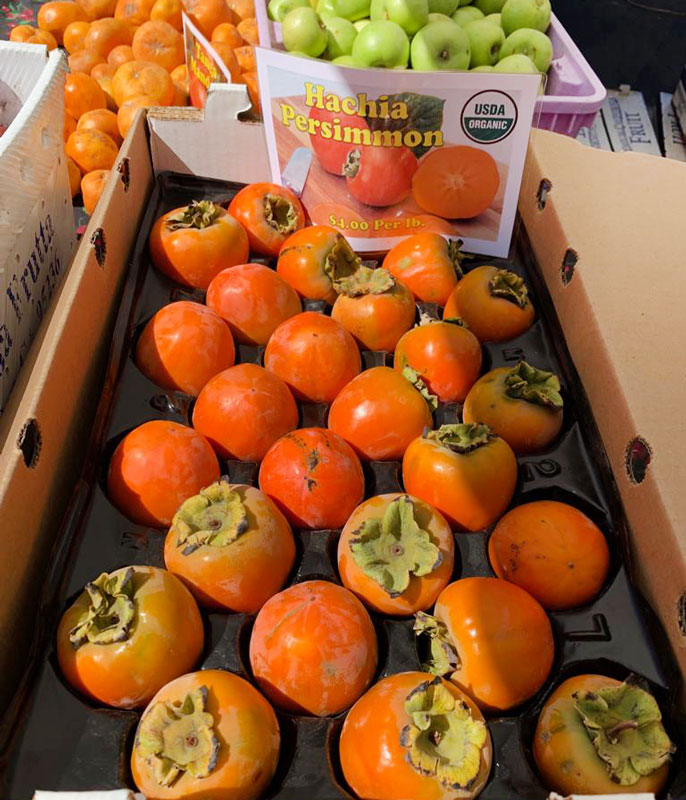
-
Organic and non-GMO
Many local farmers use more natural methods of growing and label produce as such. They are also more likely to use non-GMO seeds, so such food is better not only for our bodies, but the environment too.
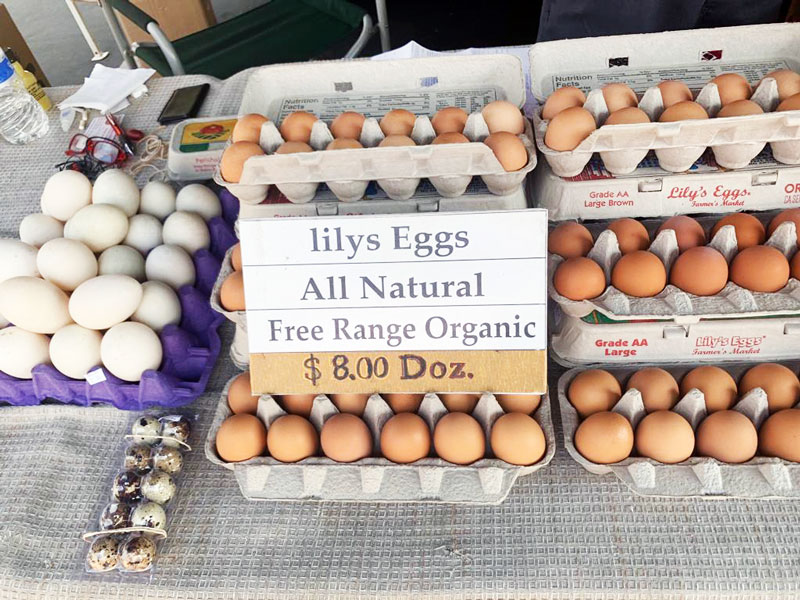
-
Seasonal
According to recent research it is beneficial to eat produce that is currently in season, just like our ancestors ate for thousands of years before refrigeration changed all that. Light fruit in summer and heavier veggies in cold season can normalize our digestion systems and offer the most vitamins and nutrients.
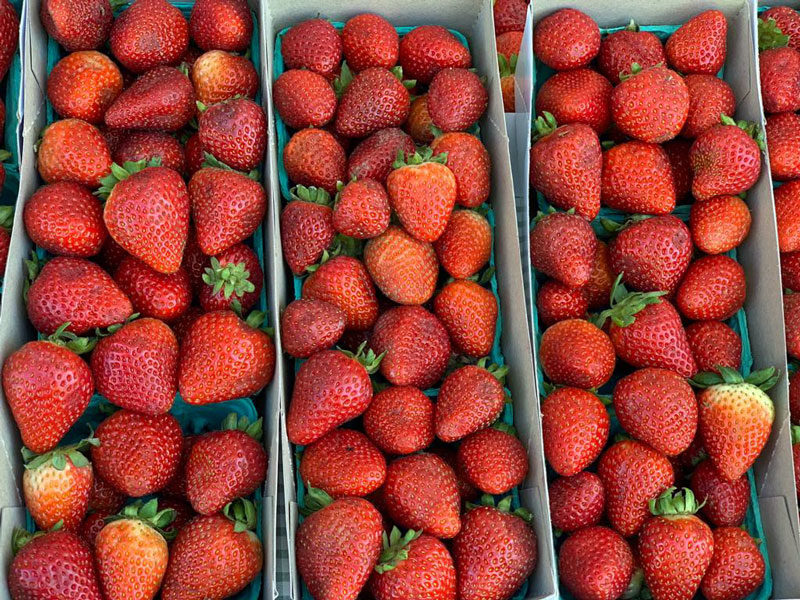
-
Ripeness
Fruit at farmers’ markets are picked at their most ripe state, when all natural sugars are at their peak, providing not only the best taste, but nutrients too. You can tell the difference in color too – farm produce is brightly colored as compared with that from grocery stores, and the brighter the color, the more nutrients it contains.
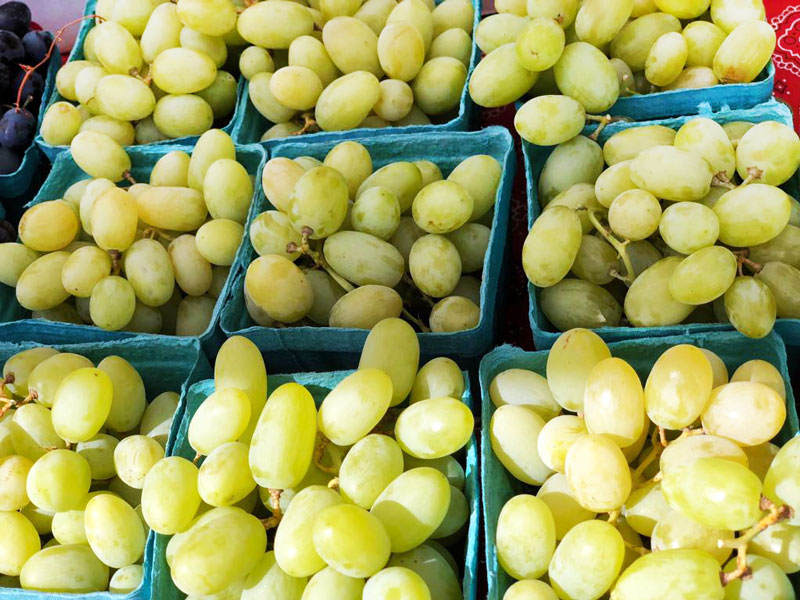
-
Better taste
One simple taste can illustrate this point perfectly – take a store bought tomato and a nice heirloom tomato from the farmers’ market and compare the taste.
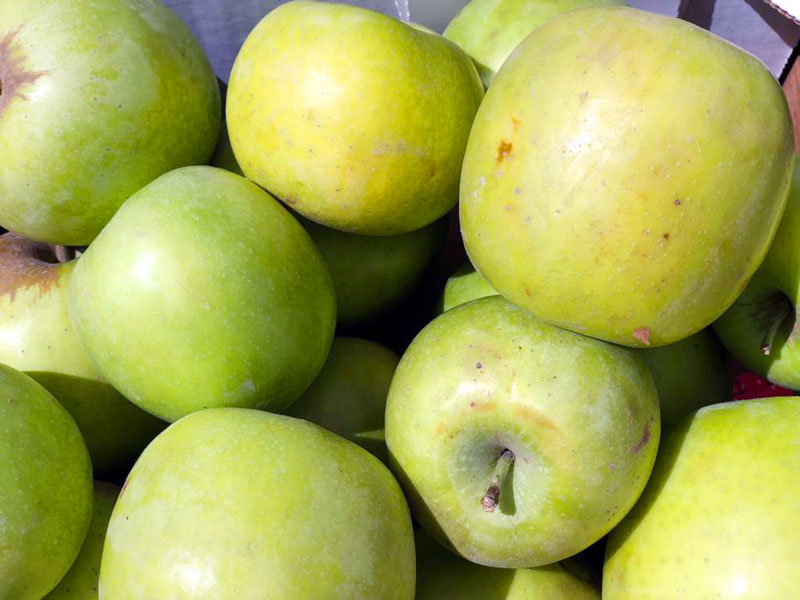
-
Non-industrial
Everything is run by corporations these days, including produce grown by giant factory farms and then shipped all over the country. There is no more space for small family-owned farms. Industrial farming is usually monoculture, when only one type of fruit or vegetables grow in one field. Such practice depletes the soil, strips it of nutrients, and requires more chemicals.
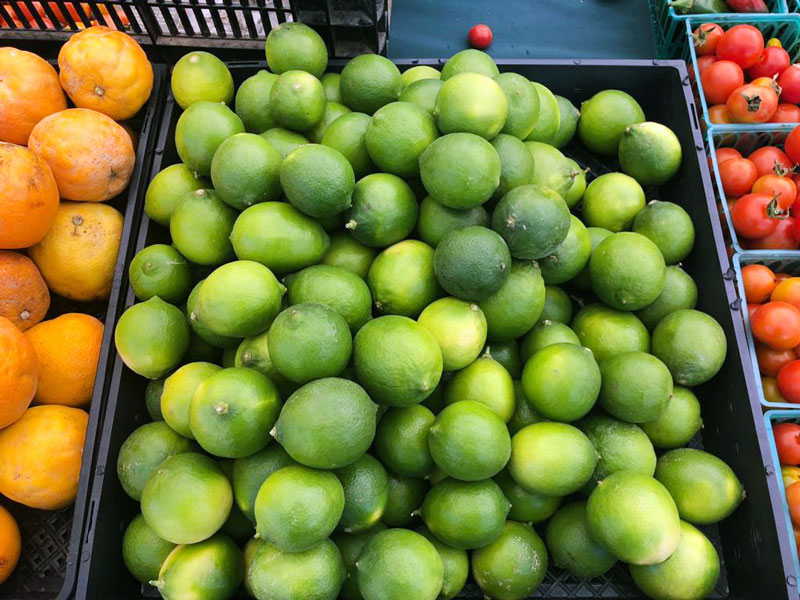
-
Price
It’s hard to put monetary value on the good-for-you farm food. In addition to that you will pay way less for organic food than you would for wilting and not fresh organic veggies at your local grocery store.
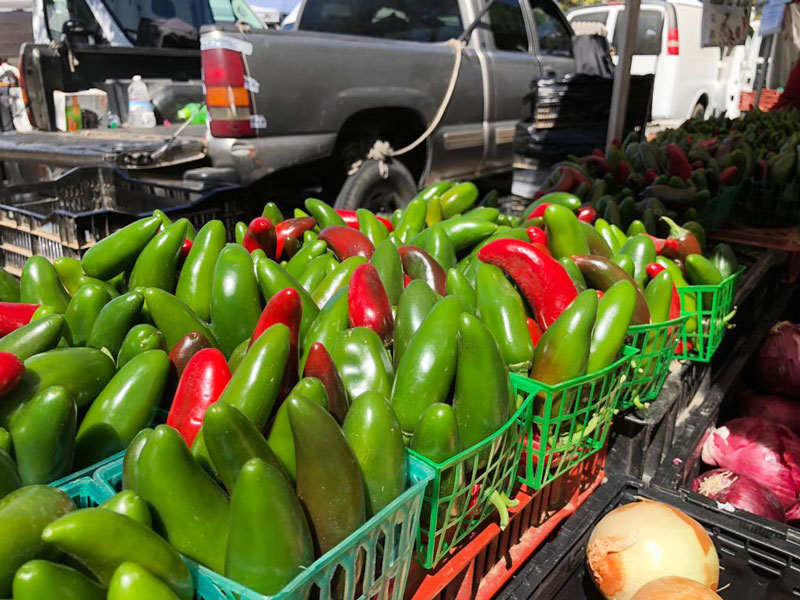
-
Variety
Local farmers love to grow a wide variety of fruit and vegetables simply because they can. Big industrial farms specialize in the most popular and in-demand varieties.
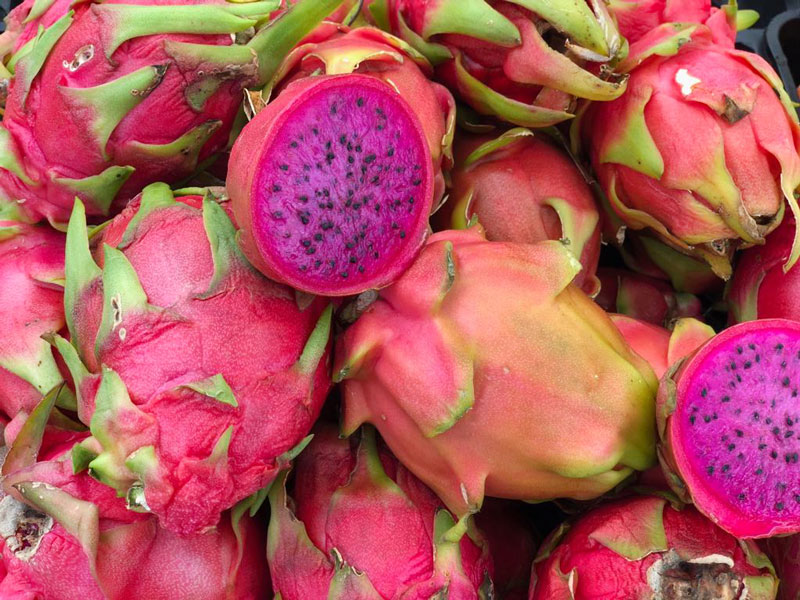
-
Local family-farm support
By buying from farmers’ markets you will support local farmers and their employees who will in turn spend their money at local businesses. With your help your local farmers will remain in operation and you will eat fresh food.
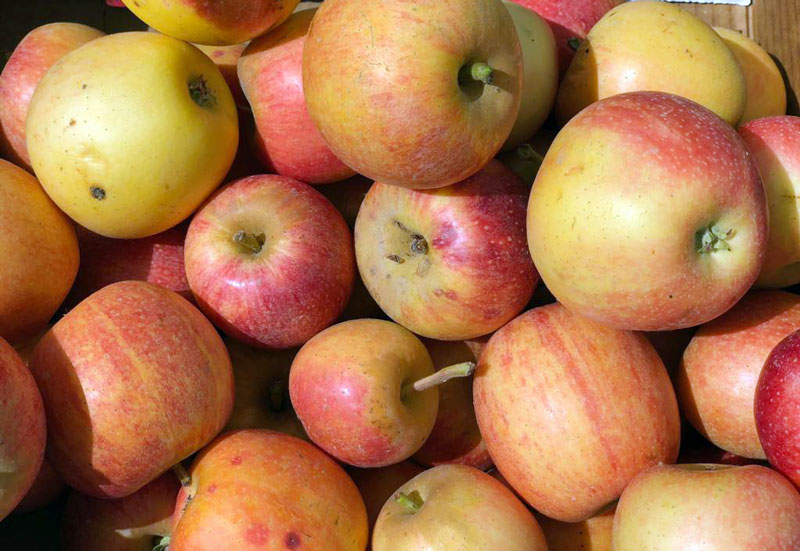
-
Better for the environment
Local farmers don’t have to drive that far to deliver the food to you, this way reducing fuel usage and emissions. Open air farmers’ markets don’t use any energy to run them. Small farms use fewer pesticides, chemical fertilizers, machines, and produce less carbon dioxide.
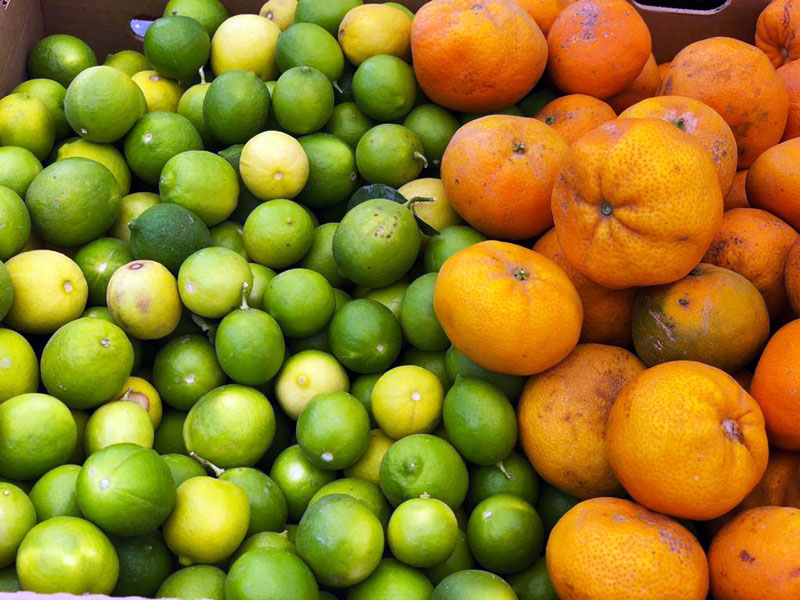
-
Trust
When you buy from local farmers, you can talk to them about their practices or even visit the farm to see if their methods of operation are acceptable to you and your family.
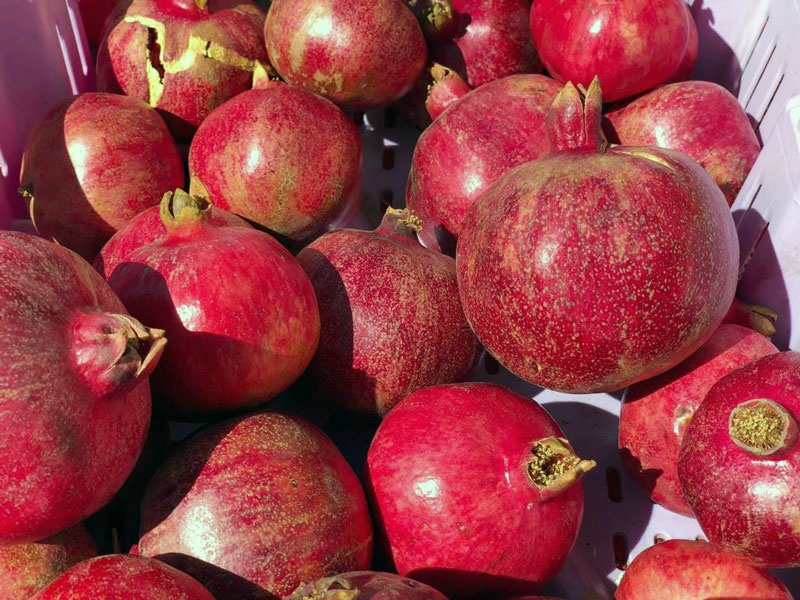
-
Social
You can meet like-minded neighbors at farmers’ markets and participate in various activities with the entire family, making it a great way to spend a fall afternoon or two.
